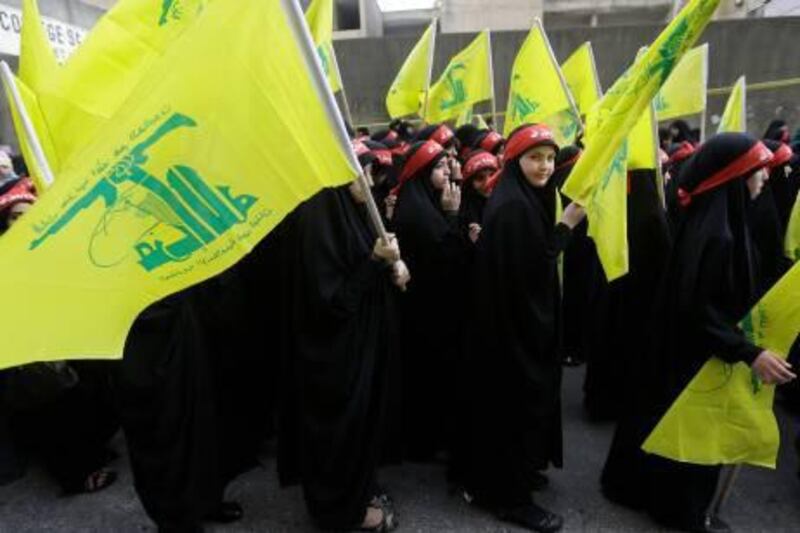WASHINGTON // Newsweek magazine asked for a response. It got it.
The latest edition of the weekly's United States edition wondered why the reaction to a poorly made, low-budget hack job of a movie denigrating Islam should in some cases have been so violent that it left scores dead, including an American ambassador.
It seemed an obvious question. Angry demonstrators appeared to be re-enacting scenes from the Danish cartoon furore a few years back. Parallels were drawn with the Salman Rushdie fatwa that saw Ayatollah Khomeini, Iran's late supreme leader, put a prize on the head of the Mumbai-born English author for penning The Satanic Verses.
Using the Twitter tag line #MuslimRage, the Newsweek editors exhorted readers to "comment on our latest cover", which featured a picture of two seemingly very angry Muslims replete with spittle on their beards and the banner headline "Muslim Rage".
Absurd was how Newsweek's online readers rendered the magazine's cover.
And they haven't stopped commenting, creating an internet sensation promising to run for a while.
"No beef pepperoni at Pizza Hut #MuslimRage."rush
"Lost your kid Jihad at an airport. Can't yell for him #MuslimRage."
"The waiter didn't tell me the meat I was eating was pork; I was so angry I dropped my glass of wine #MuslimRage."
Newsweek may have garnered more attention than the magazine might have hoped for with its provocative cover. It may not be as pleased, however, with the mockery it has attracted. Still, that mockery has inserted a much-needed injection of reason into a debate that has been raging for the past week.
"Why is the Arab World so angry", asked a Washington Post headline on Friday.
Are Arabs angry because modernity has posed challenges they have yet to surmount? That's what author and scholar Fouad Ajami in the Washington Post suggested. It is an anger aided by the awareness of how poorly the modern Arab world measures up to its storied past, when Islamic civilisation was at its zenith and saved western civilisation from its own dark ages, he added.
Or maybe there is something dark at the very heart of Islam that lends itself to violence, as Ayan Hirsi Ali, a Somali-Dutch activist deeply critical of the faith of her birth, suggests in the latest edition of Newsweek.
After all, she writes, didn't Egyptians and others, newly liberated from the yoke of despotism, make the free choice in their elections to "reject freedom"?
Such overarching narratives leave little room for nuance. David Dante Troutt, a law professor of Rutger's Law School in the US, by contrast argued that the furore was just another test of free expression in a world irreversibly connected online.
People will always be offended by something, he wrote in the Politico, an American political journalism newspaper, and some will be very offended. It is "not logic" but culture that defines anti-gay slurs as hate speech and anti-religious expressions as protected speech.
He notes that much of the reaction witnessed in the past week was actually protected under US law - which does not forbid people from burning flags or effigies. That which wasn't - the killings and the vandalism - may well have been planned ahead of time, he suggested.
Of course attacking embassies and killing people, he might have added, is also illegal, even in countries where the Muslim Brotherhood is in charge.
Such points were rarely heard, however, as in the heat of the moment the absurdity of asking why Arabs or Muslims are so angry (what, all one billion?) was forgotten.
It reminded me of the New York bar owner who - on the 10th anniversary of the attacks on September 11, 2001 - repeatedly jabbed his finger into my chest and exhorted me to, "tell your guys not to [expletive] with us. Tell them, don't [expletive] with us."
Correction: This version corrects the place of birth of Salman Rushdie. He was born in Mumbai.






